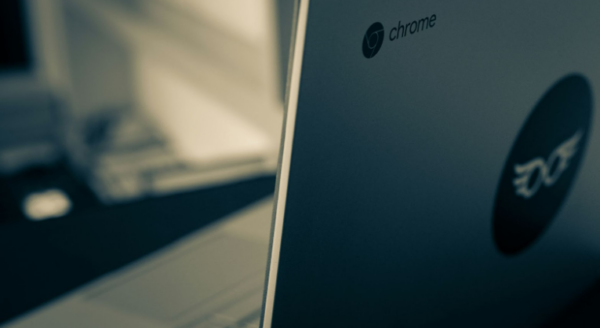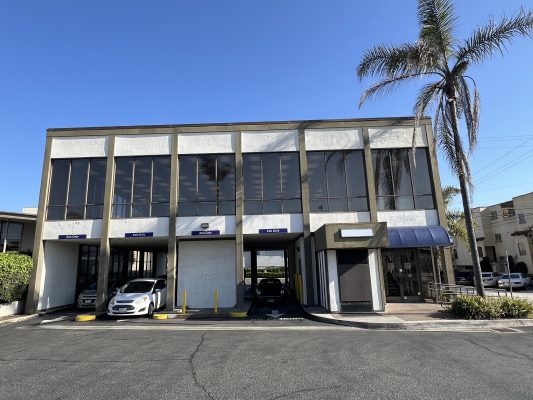They look physically similar, but there are some big differences between Chromebooks and laptops. Laptops tend to offer more functionality and greater flexibility. You can install virtually any software you want, some allow you to upgrade the hardware to future-proof the device, and they can have killer processors and graphics cards.
Chromebooks, on the other hand, are primarily designed to get users online. It is possible to install apps that expand the functionality of the device but they aren’t designed for the same kind of use as laptops.
Below, we look at the major differences between these two portable devices to help you choose the one that best fits your requirements.
Performance
For their intended use, Chromebooks have surprisingly good performance. You can quickly get online and use most cloud-based software without really noticing you’re on a budget machine. But, these models lack the RAM, processor speed, and graphics capabilities of laptops, so whether you’re multitasking or attempting to use high-end applications, you’re going to find it a struggle with most Chromebooks. You can get high-end models that offer better performance, but at that point, you will likely be better served with an equivalently-priced laptop. You will get a much better performance for your money.
Security
Chromebooks are designed to connect to the Internet, and this is when they offer the most use. But, this also means that they are somewhat prone to viruses and other malicious software, so consider security when choosing one. The ChromeOS offers decent security, but the operating system alone won’t keep your data secure.
Fortunately, you can find many antivirus suites that are ideal for use on Chromebooks, such as those on this list by Techopedia. Technology writer Ilijia Miljkovac states that as well as antivirus and antimalware protection, you can also find additional features like identity theft, webcam, and malicious code protection, and it is well worth investing in.
The ChromeOS is written on a Linux framework. In contrast, most laptops use the Microsoft Windows operating system. Hackers typically target Windows because it is the most widely used operating system. Furthermore, Windows is notorious for having poor security features and being quite unstable, especially after automatic updates.
The Chromebook’s built-in malware and virus detection features are superior to laptops, but users still need to back this up with the extra layer of security offered by antivirus software.
Hardware
On paper, the hardware inside a laptop is vastly superior to that of a Chromebook. But, in reality, you might not notice much difference. The ChromeOS is lightweight and runs smoothly, and because you’ll be running everything online via the cloud, using a Chromebook won’t feel too inferior to using a decent laptop device.
If you’re looking for a word processor or a browser for gaming, a Chromebook has adequate hardware under the hood. If you do a lot of video editing or are a hardcore gamer playing the latest AAA titles, a Chromebook won’t cut it.
Software
Software is where the biggest difference between laptops and Chromebooks lies. With a laptop, you can effectively install anything you can install on a desktop, although its usability may be limited by your hardware.
With Chromebooks, some workarounds enable the installation of Windows software, but the process is tricky and the hardware is severely limited. Most Chromebook software is web-based or, at best, app-based. While there is a wide selection of cloud software available today, even including video editors for Chromebooks, the choice is still more limited.
If you use Google Docs and a browser, you should get on fine with a Chromebook. If you have Photoshop and other software installed on your computer, you’re going to need a laptop.
Battery
Battery life is another area where most users won’t see much difference. Chromebooks tend to ship with smaller batteries, but they use much less power. As such, a decent Chromebook and a decent laptop will both offer between 6 and 8 hours of use from a full charge.
Portability
The Chromebook has less hardware, which saves on weight, and lower-capacity batteries also help shed pounds. Therefore, the Chromebook tends to be lighter and thinner, although some high-end laptops would dispute this.
If you’re looking for a device to watch Netflix on the train, even a budget Chromebook is perfectly serviceable. And, unless you’re willing to spend the big bucks, a laptop is going to be more cumbersome.
Price
Chromebooks have risen in popularity because they’re usually more affordable than laptops. Their price point makes them popular among businesses and school districts, who buy in bulk. You can indeed get perfectly serviceable Chromebooks for a couple of hundred dollars. They will get you online and allow you to use most cloud-based software, but their usage is limited.
Some higher-end models cost up to $1,000 or more, but you’re still sacrificing the functionality of a decent laptop while paying a similar price.
Which is Right For You?
Although similar, Chromebooks and laptops offer different functionality and serve different purposes. Chromebooks are designed for going online. They are lightweight and portable and are ideal for browsing the web, using basic cloud-based software, and they can be used for watching videos and playing some basic browser-based games. They’re ideal for browsing while watching the TV or for catching up on some last-minute work while on the train.
Laptops typically cost more, but you can install software directly on them. They have more powerful hardware and can be used for anything desktop computers can be used for. Laptops are better for more intensive programs, like video editing, and hardcore gamers will need a laptop, rather than a Chromebook.











